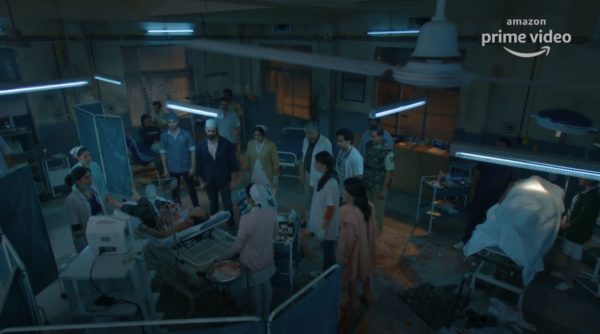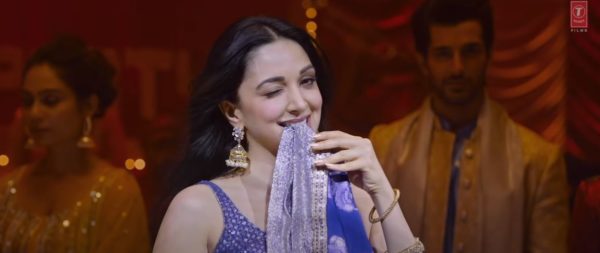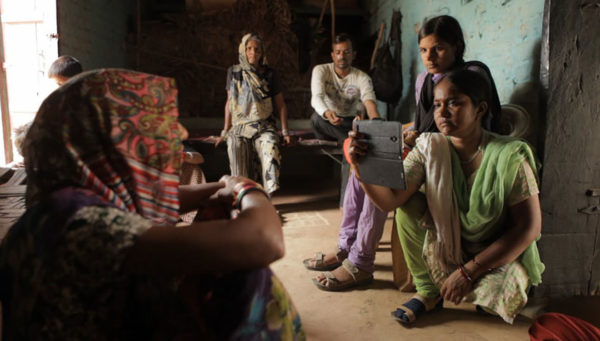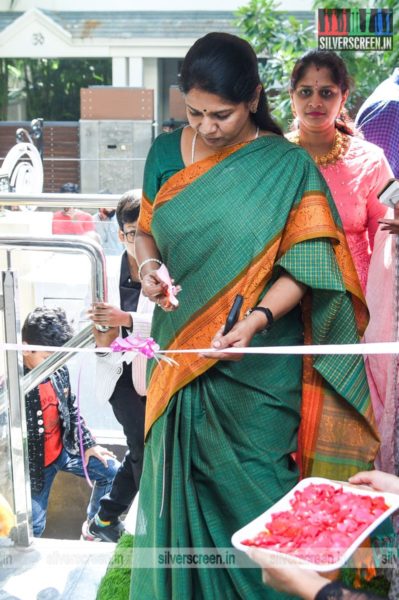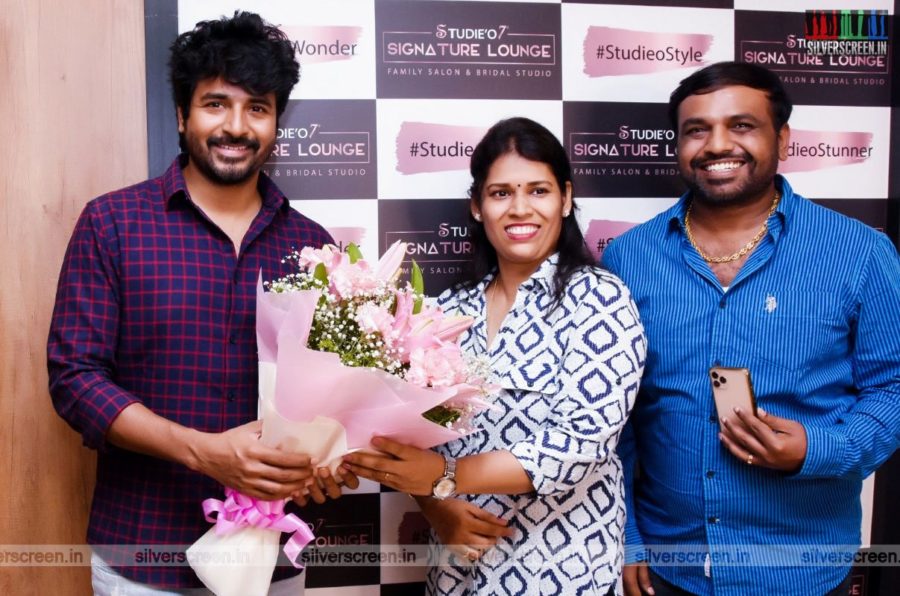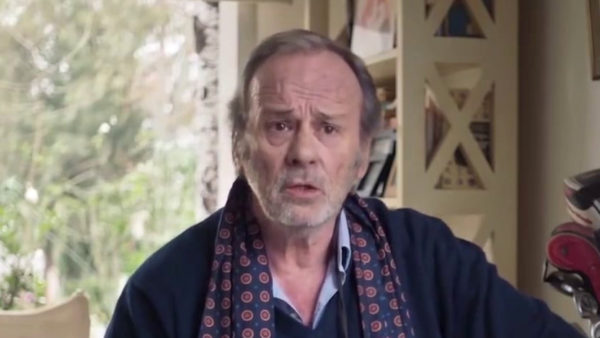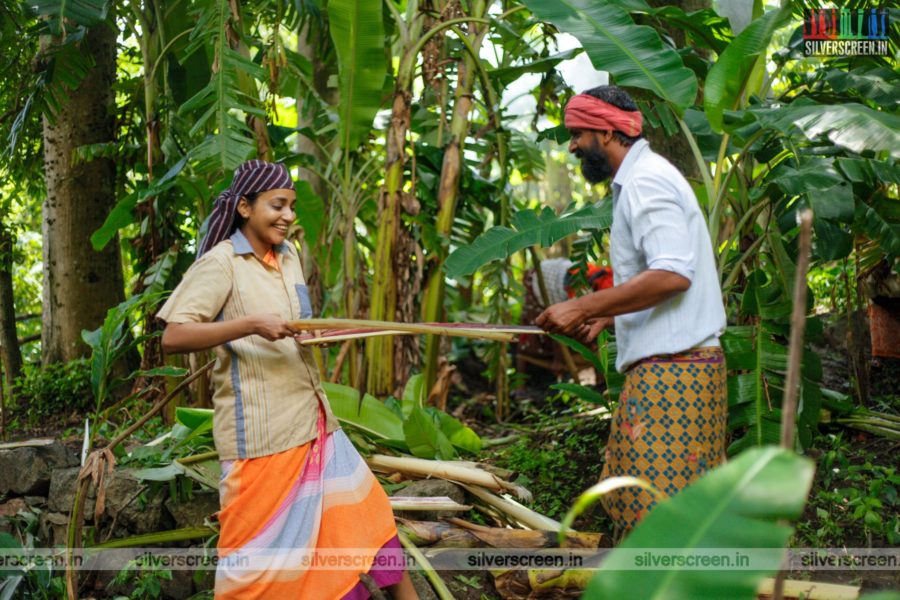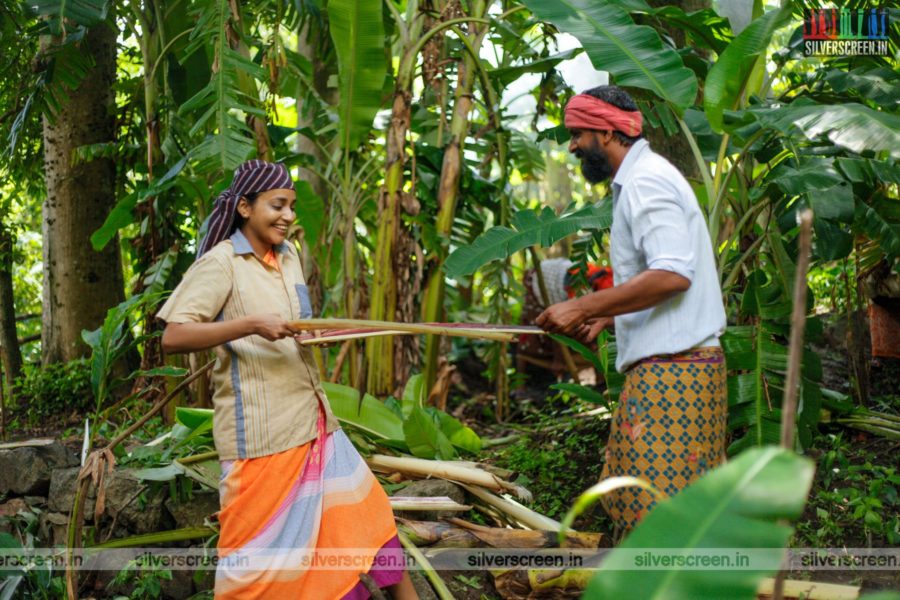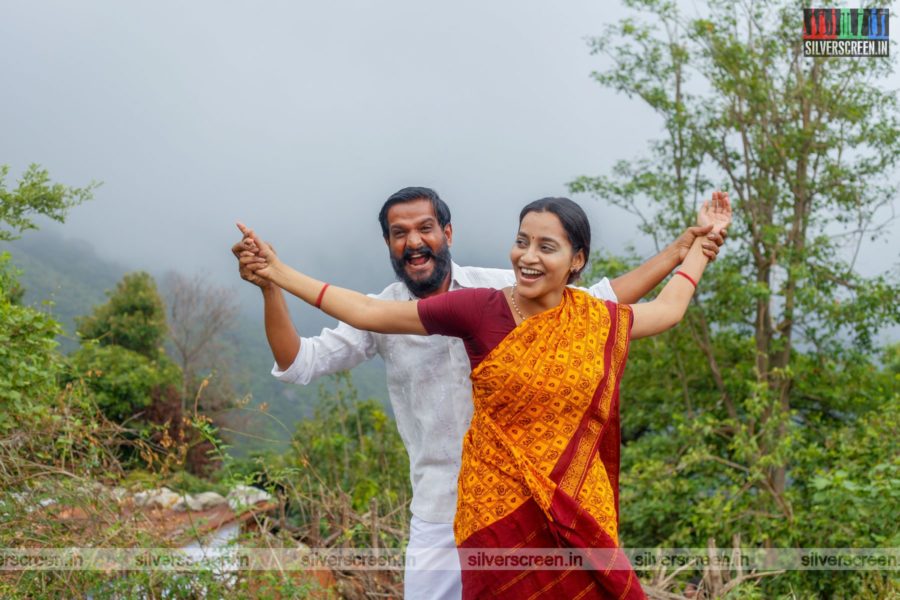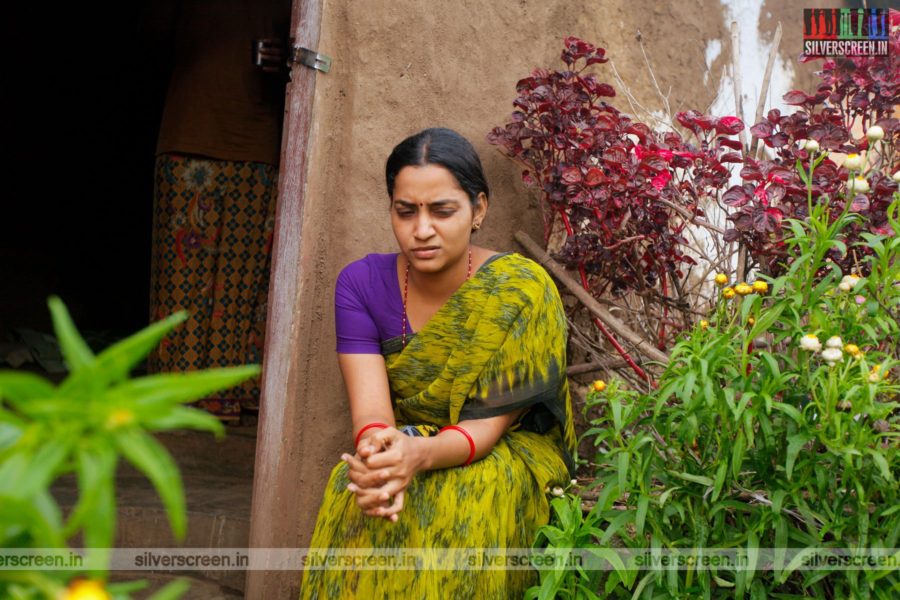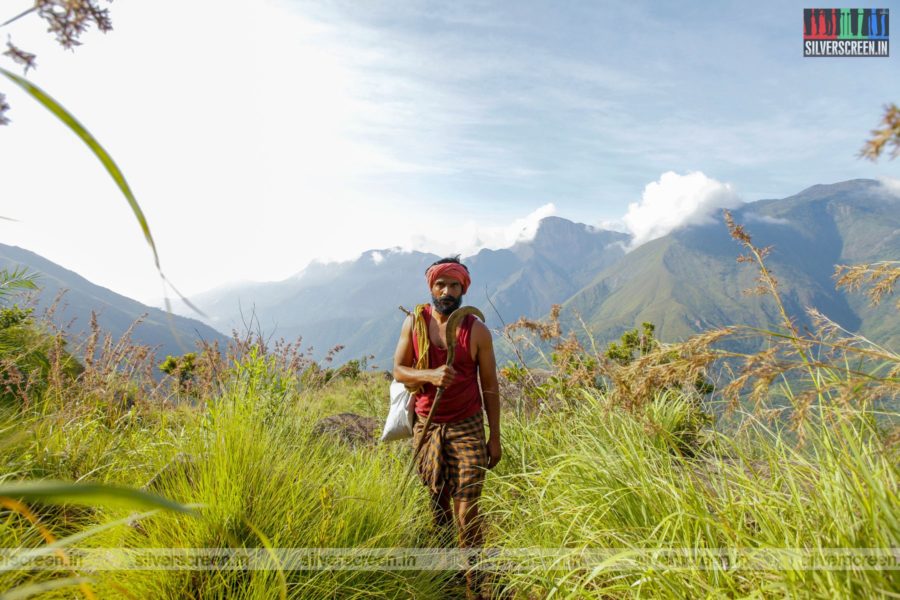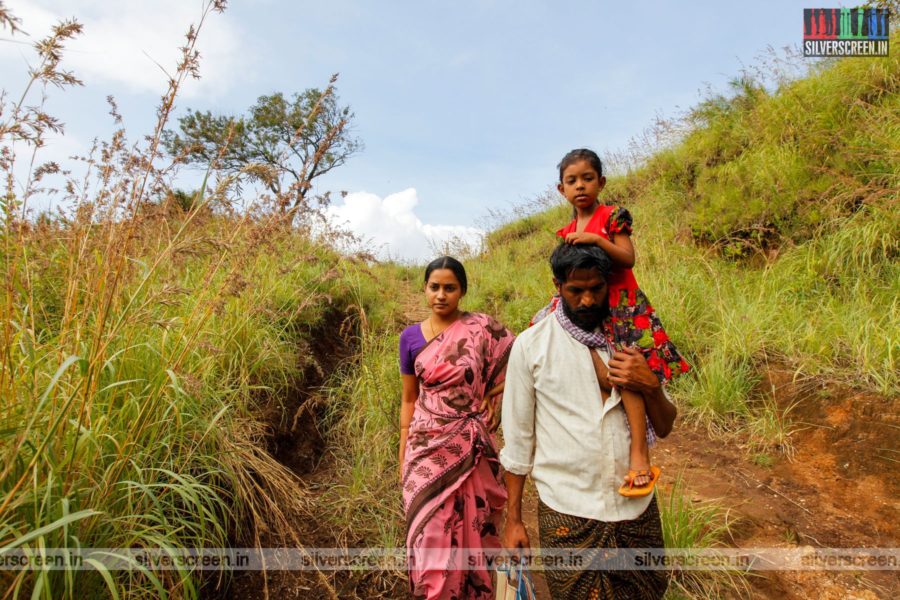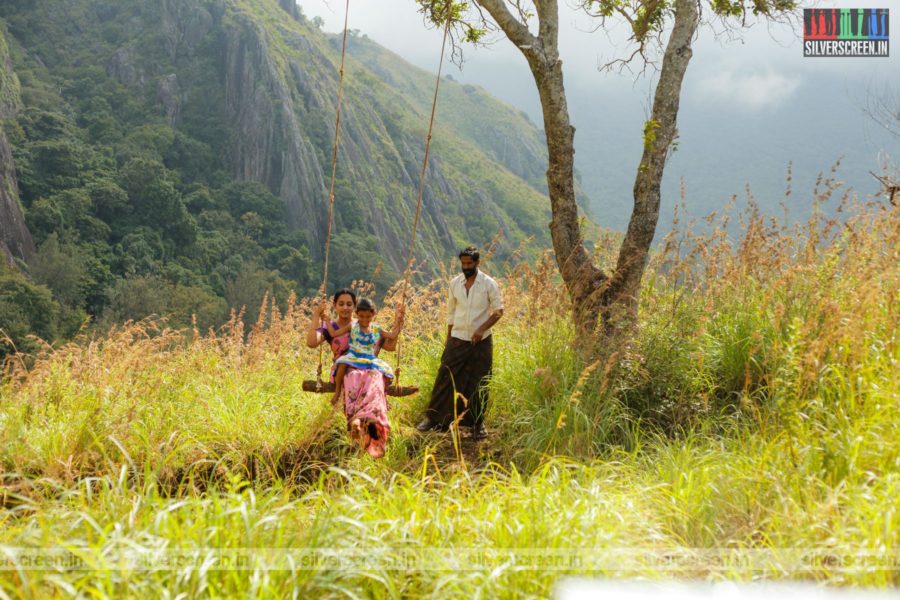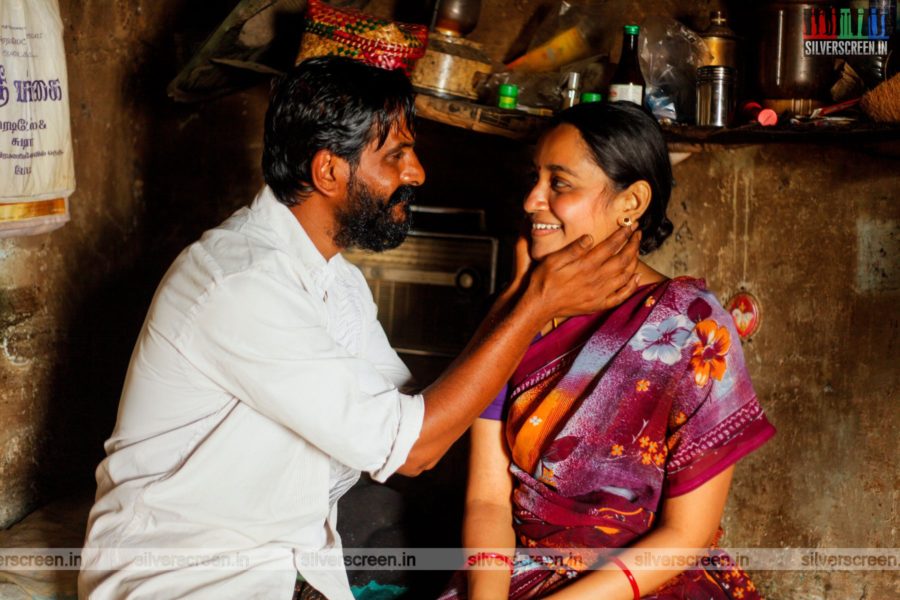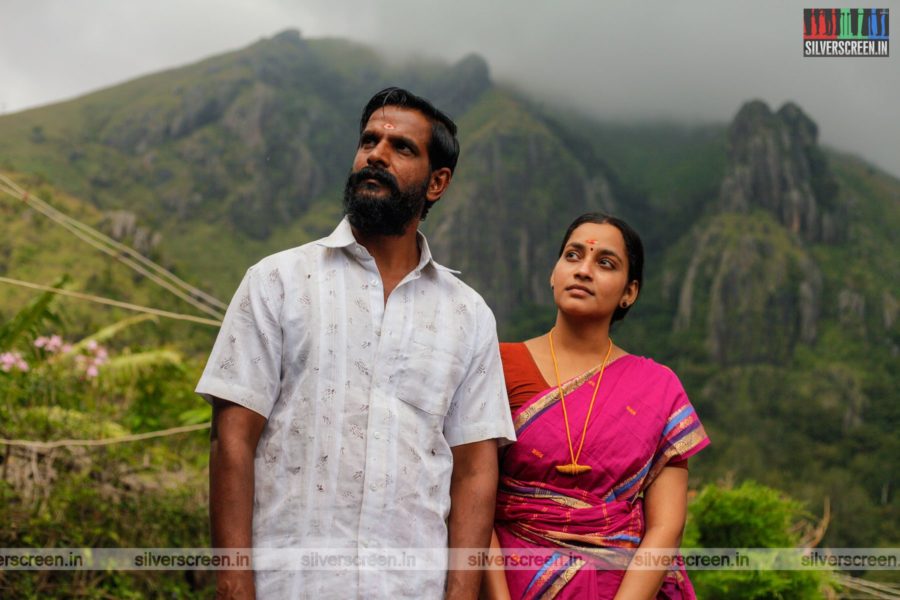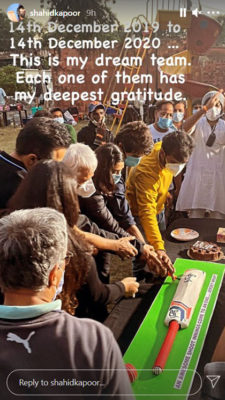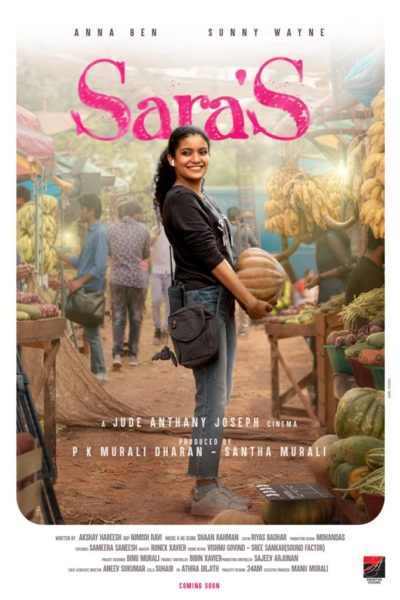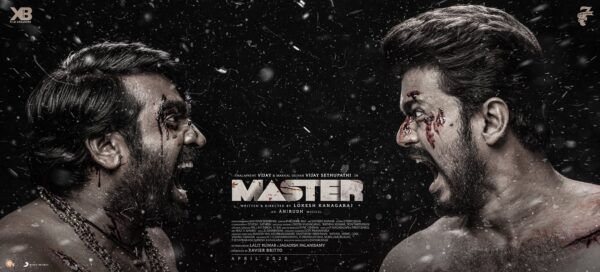Jeremy Bulloch, who played Boba Fett in the original Star Wars trilogy, died in a hospital in London on Thursday, following complications from Parkinson’s disease. He was 75.
Jeremy Bulloch played Boba Fett, a bounty hunter in the original Star Wars films, The Empire Strikes Back in 1980 and the Return of the Jedi in 1983. Bulloch had been suffering from Parkinson’s disease for some time.
Bulloch’s agent, Browns, Simcocks & Andrews, issued a statement saying, “We are very sad to announce the death of actor Jeremy Bulloch earlier today. He died peacefully, in hospital, surrounded by his family.” News of Bulloch’s death was posted on his Facebook page as well.
Jeremy Bulloch was born in Market Harborough, Leicestershire, England, and became an actor at an early age. From acting in commercials, Bulloch made his way to television shows and then to films. He acted in several classic 70s and 80s shows, including in Doctor Who: The Space Museum as Tor the Xenon rebel and in Doctor Who: The Time Warrior as Hal the archer.
Bulloch was, however, best known for his role as Boba Fett in the original Star Wars films.
According to the Star Wars official website, Bulloch once said about his character, “I thought of Boba Fett as Clint Eastwood in a suit of armour.”
Bulloch also played the role of an Imperial officer escorting Princess Leia Organa through the Cloud City in The Empire Strikes Back. In The Revenge of the Sith, Bulloch played the role of Captain Colton, the pilot of the Sundered Heart.
In 2002, actor Daniel Logan was cast as Boba Fett in Star Wars: The Attack of the Clones. Logan paid tribute to the late actor on his social media and wrote, “Conventions won’t be the same without you. May the force be with you always.”
View this post on Instagram
Star Wars director and creator George Lucas said, “Jeremy brought the perfect combination of mystery and menace to his performance of Boba Fett, which is just what I wanted the character to convey. In addition, Jeremy was a true gentleman who was very supportive of Star Wars and its fans, and I’m very grateful for his contributions to the saga and its legacy.”
Co-actor Mark Hamill, who played Luke Skywalker, the protagonist of the original Star Wars trilogy and the Jedi nemesis of Boba Fett, called Bulloch “the quintessential English gentleman”.
Jeremy Bulloch was the quintessential English gentleman. A fine actor, delightful company & so kind to everyone lucky enough to meet or work with him. I will deeply miss him & am so grateful to have known him. 💔 #RIP_DearJeremy pic.twitter.com/SMvjtQsSwZ
— Mark Hamill (@HamillHimself) December 17, 2020
The official Star Wars Twitter wrote, “He will be remembered not only for his iconic portrayal of the legendary character, but also for his warmth and generous spirit which have become an enduring part of his rich legacy.”
Jeremy Bulloch, whose unforgettable performance as notorious bounty hunter Boba Fett has captivated audiences since he first appeared in 1980’s Star Wars: The Empire Strikes Back, has sadly passed away. pic.twitter.com/Wekhv3rxqN
— Star Wars (@starwars) December 17, 2020
Billy Dee Williams, who played Lando Calrissian in Star Wars, wrote, “Today we lost the best bounty hunter in the galaxy.”
Bulloch is survived by his wife Maureen, three sons, and ten grandchildren. His wife and two sons, Jamie and Robbie, were with him during his last days.


